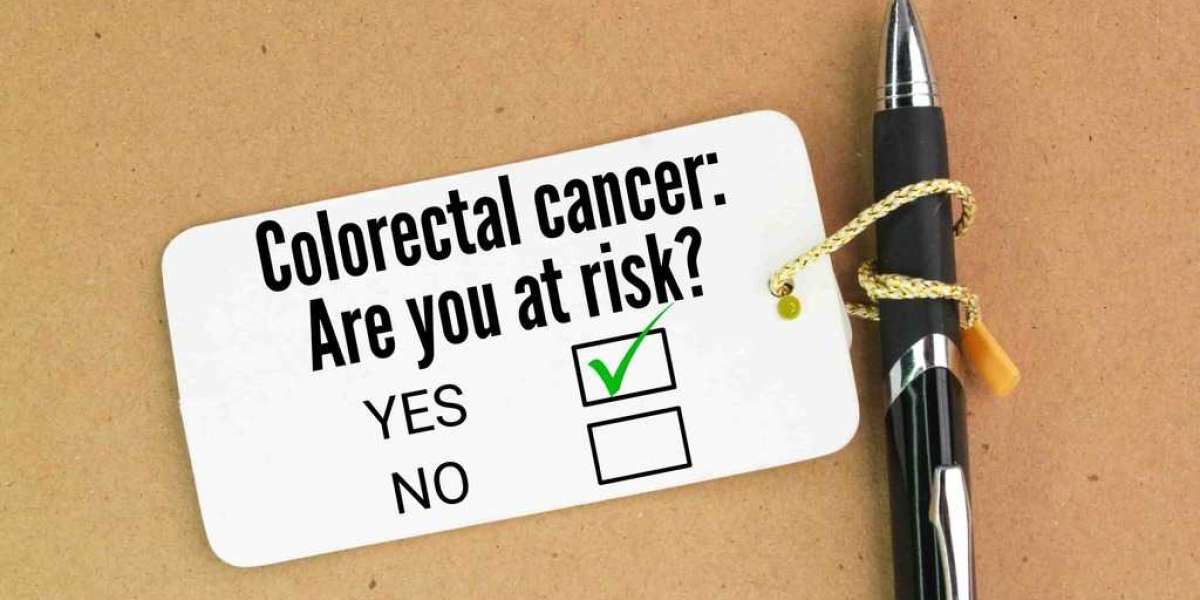Introduction
Colorectal polyps are a common condition affecting many individuals, especially those over the age of 50. These growths on the inner lining of the colon or rectum can vary in size and type. While most polyps are benign, some have the potential to develop into colorectal cancer if left untreated. Dr. Armen Gregorian, MD, a renowned Glendale colorectal surgeon, specializes in the diagnosis and treatment of colorectal polyps. This article delves into the nature of colorectal polyps, their symptoms, causes, and the various treatment options available.
What Are Colorectal Polyps?
Colorectal polyps are abnormal growths that form on the mucous membrane lining the colon or rectum. They are classified into different types based on their histological characteristics:
- Adenomatous Polyps (Adenomas):
These are the most common type and have the potential to become cancerous over time. They are often removed during a colonoscopy to prevent cancer development.
- Hyperplastic Polyps:
Generally benign and less likely to become cancerous. They are usually small and located in the rectum and sigmoid colon.
- Inflammatory Polyps:
Typically found in patients with inflammatory bowel disease (IBD) such as ulcerative colitis or Crohn's disease. While these polyps themselves are not cancerous, the underlying IBD increases the risk of colorectal cancer.
- Hamartomatous Polyps:
Associated with genetic syndromes such as Peutz-Jeghers syndrome. These polyps are usually benign but can indicate an increased risk of cancer in other parts of the body.
Symptoms of Colorectal Polyps
Many people with colorectal polyps do not experience any symptoms, especially when the polyps are small. However, larger polyps or multiple polyps may cause symptoms such as:
- Rectal bleeding
- Blood in the stool
- Changes in bowel habits, such as diarrhea or constipation
- Abdominal pain or discomfort
- Iron deficiency anemia
If any of these symptoms are present, it is crucial to consult a Glendale colorectal surgeon like Dr. Armen Gregorian, MD, for a thorough evaluation and appropriate treatment.
Causes and Risk Factors
The exact cause of colorectal polyps is not always clear, but several factors can increase the risk of developing them:
- Age: The risk increases significantly after age 50.
- Family History: Having a family history of colorectal polyps or colorectal cancer increases the risk.
- Genetic Mutations: Certain inherited genetic mutations, such as those seen in familial adenomatous polyposis (FAP) and Lynch syndrome, elevate the risk.
- Lifestyle Factors: Diets high in red meat and low in fiber, smoking, alcohol consumption, and lack of physical activity can contribute to the development of polyps.
Inflammatory Bowel Disease: Conditions like ulcerative colitis and Crohn's disease increase the risk of polyps and colorectal cancer.
Diagnosis of Colorectal Polyps
Diagnosing colorectal polyps typically involves a combination of medical history, physical examination, and diagnostic tests. The most common diagnostic procedures include:
- Colonoscopy: A comprehensive examination of the entire colon using a flexible tube with a camera. Polyps can be detected and removed during this procedure.
- Sigmoidoscopy: Similar to a colonoscopy but only examines the rectum and lower part of the colon.
- CT Colonography: Also known as a virtual colonoscopy, this imaging test uses CT scans to create detailed images of the colon and rectum.
- Stool Tests:Tests such as the fecal immunochemical test (FIT) and stool DNA test can detect blood or DNA markers associated with polyps and cancer.
Dr. Armen Gregorian, MD, a leading Glendale colorectal surgeon, uses these advanced diagnostic tools to accurately identify and assess colorectal polyps.
Treatment Options for Colorectal Polyps
The treatment of colorectal polyps depends on the size, number, and type of polyps, as well as the patient's overall health. Common treatment options include:
- Polypectomy: The removal of polyps during a colonoscopy using a wire loop or snare. This procedure is minimally invasive and usually performed on an outpatient basis.
- Endoscopic Mucosal Resection (EMR): For larger polyps, EMR involves injecting a solution under the polyp to lift it from the colon wall, making it easier to remove.
- Surgery: In cases where polyps are too large to be removed endoscopically or if there is a suspicion of cancer, surgical removal may be necessary. This may involve a partial colectomy, where a section of the colon is removed.
- Regular Surveillance: Patients with a history of polyps may require regular colonoscopies to monitor for new polyps and ensure early removal.
Dr. Armen Gregorian, MD, provides expert treatment for colorectal polyps, ensuring the best outcomes for patients in Glendale.
Preventing Colorectal Polyps
While it may not be possible to prevent all colorectal polyps, certain lifestyle changes can reduce the risk:
- Healthy Diet: Consuming a diet rich in fruits, vegetables, and whole grains while limiting red and processed meats.
- Regular Exercise:Engaging in physical activity to maintain a healthy weight and reduce cancer risk.
- Avoiding Tobacco and Limiting Alcohol: Reducing or eliminating smoking and alcohol consumption.
- Regular Screenings: Following recommended guidelines for colorectal cancer screenings, especially for those over 50 or with a family history of polyps or cancer.
FAQs
1. What are colorectal polyps?
Colorectal polyps are abnormal growths on the inner lining of the colon or rectum. While most are benign, some can develop into cancer.
2. What are the symptoms of colorectal polyps?
Symptoms can include rectal bleeding, blood in the stool, changes in bowel habits, abdominal pain, and iron deficiency anemia. However, many polyps do not cause symptoms.
3. How are colorectal polyps diagnosed?
Diagnosis typically involves a colonoscopy, sigmoidoscopy, CT colonography, or stool tests.
4. What are the treatment options for colorectal polyps?
Treatment options include polypectomy, endoscopic mucosal resection (EMR), surgery, and regular surveillance.
5. How can colorectal polyps be prevented?
Prevention strategies include a healthy diet, regular exercise, avoiding tobacco and limiting alcohol, and regular screenings.
Conclusion
Understanding colorectal polyps and their treatment is crucial for maintaining colorectal health. With the expertise of a Glendale colorectal surgeon like Dr. Armen Gregorian, MD, patients can receive accurate diagnosis, effective treatment, and valuable guidance on prevention. Early detection and treatment of polyps can significantly reduce the risk of colorectal cancer, making regular screenings and proactive health management essential. By choosing expert care in Los Angeles, individuals can ensure their long-term well-being and peace of mind.



